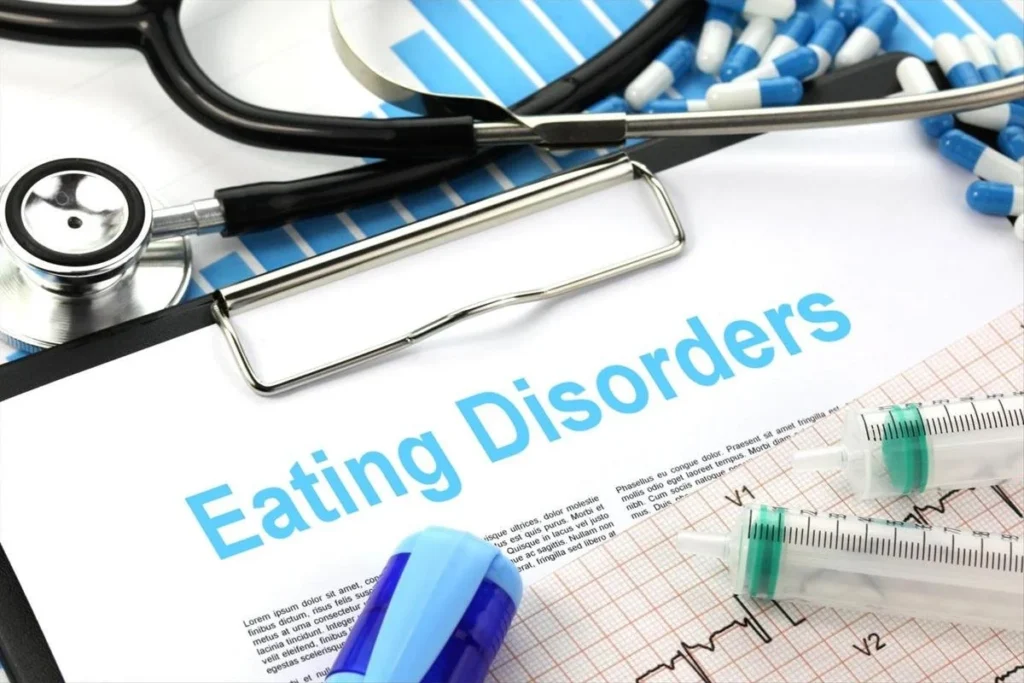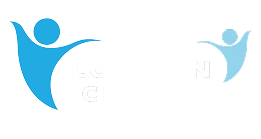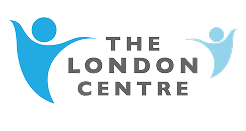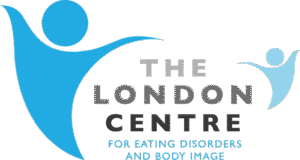Psychiatry for Eating Disorders and Body Image
Expert psychiatric care to support understanding, recovery, and long-term well-being.
Psychiatry EXPLAINED
What Is Psychiatry for Eating Disorders?
Psychiatry is a branch of medicine focused on understanding and treating mental health conditions. An eating disorder psychiatrist is a medically trained doctor who specialises in the emotional, psychological, and physical aspects of eating and body image disorders, including related conditions such as anxiety, depression and OCD.
1.25M
people living with an eating disorder
At The London Centre, psychiatric input offers an additional layer of expertise alongside therapy helping to clarify diagnoses, monitor medical or psychological risk, and consider whether medication may be helpful as part of treatment.
46%
of Adults feel unhappy about their appearance

Meet Our Lead Psychiatrist: Dr Christina Barras
Dr Christina Barras, MBBS, MRCPsych
Consultant Psychiatrist
Dr Christina Barras is a highly experienced Consultant Psychiatrist specialising in eating disorders, with extensive experience working across both adolescent and adult services. She is currently the Clinical Lead for the Eating Disorders Service at Surrey and Borders NHS Foundation Trust, where she oversees a multidisciplinary team and manages complex cases across the lifespan.
Dr Barrass has particular expertise in assessment, differential diagnosis, medication and treatment reviews, and all forms of eating disorders and body image disorders, including ARFID and BDD. She is passionate about integrated, high-quality care and has a strong interest in supporting young people through the transition from child to adult services, an area where continuity of care is often lacking. At The London Centre, she works with individuals aged 15 and above.
She consults in Central London monthly (Mondays and Saturdays) and offers remote weekday evening appointments by arrangement.
What to Expect at a Psychiatric Assessment
A psychiatric assessment with Dr Barras is a confidential, compassionate conversation exploring your emotional well-being, physical health, medical history, and current symptoms. You will have space to discuss your concerns and your goals for treatment. Following the assessment, Dr Barrass will provide clear recommendations which may include psychological therapy, medication, monitoring, or onward referral where helpful. Treatment planning is always collaborative and takes into account your individual circumstances and preferences.
The Role of the Psychiatrist in Recovery
Dr Barras works closely with psychologists, therapists, and dietitians to ensure your treatment is coordinated, safe, and tailored. This multidisciplinary approach ensures that emotional, psychological, and physical needs are considered together.
How Psychiatry Differs from Therapy
Psychological therapy focuses on behavioural and emotional change. Psychiatry, by contrast, explores biological, medical, and neurochemical factors that may be influencing your symptoms. Together, they form a comprehensive treatment plan that supports recovery from all angles.


Benefits of Psychiatric Care for Eating Disorders
When Psychiatric Support Is Recommended
Common Reasons for Referral
Psychiatric treatment may involve medical assessments, diagnosis, and where appropriate the careful use of evidence-based medication. All decisions are made collaboratively, with clear explanations and a sensitive, transparent approach. Medication is always used alongside therapy and nutritional support for a holistic recovery experience.
Psychiatric Treatments and Approaches
Medication Management
For some people, medication can help reduce symptoms such as anxiety, depression, obsessive thoughts, or sleep disturbance. Dr Barras monitors all medication closely, adjusting doses as needed to ensure effectiveness and safety. Follow-up appointments are offered in person or where appropriate, via video consultation.
Psychiatric care at The London Centre is part of a whole-person approach. Dr Barras works collaboratively with psychologists, dietitians, and occupational therapists to ensure cohesive, integrated support.
Holistic, Multidisciplinary Treatment
Start your journey
Take the First Step
Towards Recovery
Understanding both the emotional and medical aspects of your eating or body image difficulties can be an important part of recovery. Whether you are seeking clarity, needing support with medication, or looking for integrated care alongside therapy, we provide a safe and knowledgeable space to begin.


